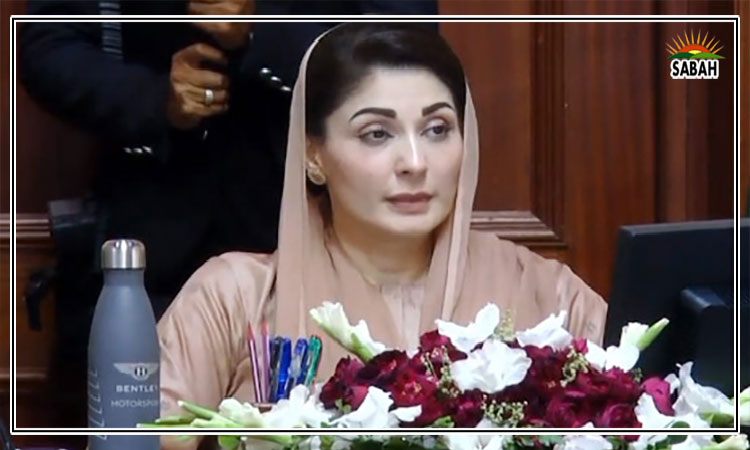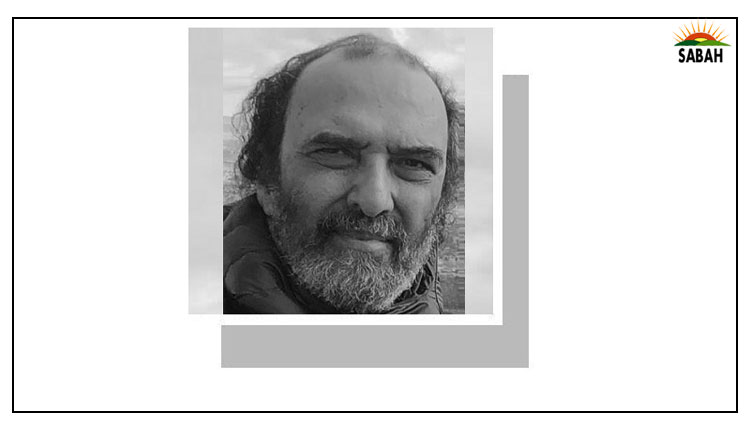The crooked timber of Modi’s India … Jawed Naqvi
WHEN Parakala Prabhakar published his essays in April last year in a book titled The Crooked Timber of New India: Essays on a Republic in Crisis, one ignored it on suspicion that as husband of Finance Minister Nirmala Sitharaman he could not but be deviously trying to massage the anti-democratic image of the government his wife worked for.
Besides, one was already armed with terrific insights from scholars, activists, former bureaucrats and journalists into the irreparable damage the Modi government had done to India’s democracy to pay attention to Prabhakar. Modi violated the constitutional promise by wilfully hollowing out core institutions, chiefly parliament, the judiciary and just as brazenly the media, a plethora of writers were saying with conviction.
Aakar Patel’s seminal book, Price of The Modi Years, published in 2021, gave a blow-by-blow account of the subversion the prime minister was and is still busy carrying out. In many social indices Modi was shepherding India towards sub-Saharan figures. Paranjoy Guha Thakurta’s deep research into the Modi connection with the Ambani and Adani business houses resulted in two explosive volumes on energy deals.
Modi’s coal liberalisation in the middle of the Covid emergency brought censure from the UN secretary general who chided the government for barking up the wrong tree in the name of fighting the scourge. And there have been several exposés by the amazing alternative media on the omissions and commissions of the Modi regime. Probir Pukayastha was jailed for creating a platform for journalists and researchers to question the government on its delinquencies.
In the maze of these brilliant and credible critiques of a government that had acquired features of fascism, Prabhakar’s book got buried. Its importance dawned on some when he gave a TV interview to The Wire’s Karan Thapar recently, in which he asserted that Modi would not reach 200 seats, well short of the halfway mark of 272 in the elections currently underway. If he won, “it would mark the end of Indian democracy”.
In the maze of these brilliant and credible critiques of a government that had acquired features of fascism, Prabhakar’s book got buried.
Prabhakar’s account of the Modi years covers 2014 to 2022. In his victory speech in Gujarat after the 2014 results, as the book notes, Modi spoke of the good days ahead. In his address to parliament, he offered new hope to the poor and the disadvantaged. In the independence day speech, he promised to take everyone along and to give good governance through hard work and consensus.
“All the promises have been betrayed. Narendra Modi has squandered two massive national mandates and several state-level mandates. But the ruling party continues to be in a state of denial; it is, in fact, belligerent,” says Prabhakar.
A key objective for writing the book was to counter the disinformation carried relentlessly by 24×7 news channels. “It is equally necessary to foreground important developments so that they are not buried under the misinformation that our twenty-four-seven news cycles rain upon us without pause.”
Crooked timber was a phrase used by Emmanuel Kant: “Out of the crooked timber of humanity, no straight thing was ever made.” Prabhakar fondly picks quotations from world history. There’s a conversation he cites effectively from the movie Gladiator, the story of a failed slave uprising against imperial Rome. It encapsulates the razzmatazz associated with ‘Modi events’.
Two Roman senators were exchanging notes on the new emperor, Commodus, chiefly his promise to the people of a grand spectacle — 150 days of games.
“The walls of the city are being painted with enormous pictures of gladiators fighting wild animals in the Colosseum, its sand covered with blood. Senator One: One hundred and fifty days of games! Senator Two: He’s cleverer than I thought. Senator One: Clever? The whole of Rome would be laughing at him, if they weren’t so afraid of his Praetorians. Senator Two: Fear and wonder. A powerful combination. Senator One: You really think the people are going to be seduced by that? Senator Two: I think he knows what Rome is. Rome is the mob. Conjure magic for them, and they’ll be distracted. Take away their freedom, and still they’ll roar. The beating heart of Rome is not the marble of the Senate. It’s the sand of the Colosseum. He’ll bring them death, and they will love him for it.”
It’s a fair observation by Prabhakar about the veritable Colosseum Modi is turning India into.
An economist, Prabhakar notes how since the 1990s the number of people below the poverty line had increased. The country added 75 million to the world’s poor in 2021 alone and slipped to the 132nd position (out of 191 countries) in the UNDP Global Human Development Index for 2021-22. He exposes false claims put out with the help of tweaked statistics to enable Modi to present a rosy picture of the economy. But he is also a strong critic of the BJP’s bid to destroy India’s social fabric.
He describes an anti-Muslim gathering of Hindu holy men in BJP-ruled Uttar Pradesh — one of several. “One speaker urged Hindus to emulate what Myanmar had done to the Rohingya and ‘cleanse’ India of Muslims; another declared, ‘If 100 of us are ready to kill two million of them, then we will win and make India a Hindu nation’. Neither the state nor the central government condemned the remarks.”
In the national capital — where the police force is controlled by the Union home ministry — police silently witnessed street marches by militant Hindutva organisations with activists shouting slogans like ‘Hindustan me rehna hai toh Jai Shri Ram kehna hoga’ (If you wish to live in this country, you must say ‘Jai Shri Ram’), and ‘Jab mulle kaate jaayenge Jai Shri Ram chillaenge’ (When we slaughter the mullahs, they’ll scream ‘Jai Shri Ram’).
“None of these potential terrorists are in prison; they roam around free and emboldened.” A terrifying book, an unusual one, from the finance minister’s husband about Modi’s New India, written straight from the heart.
The writer is Dawn’s correspondent in Delhi.
jawednaqvi@gmail.com
Courtesy Dawn, April 23rd, 2024











